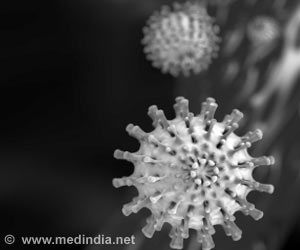In the United States, national cancer care spending has no association with population-level cancer mortality rates.

‘Out of the 22 high-income countries included in the study, the United States had the highest spending rate.’





“Our system is touted for developing new treatments and getting them to patients more quickly than other countries. We were curious whether the substantial U.S. investment on cancer care is indeed associated with better cancer outcomes.” Cost of Cancer Care In United States
The researchers found that national cancer care spending showed no relationship to population-level cancer mortality rates. “In other words, countries that spend more on cancer care do not necessarily have better cancer outcomes,” said Chow.In fact, six countries — Australia, Finland, Iceland, Japan, Korea, and Switzerland — had both lower cancer mortality and lower spending than the United States.
Smoking is the strongest risk factor for cancer mortality, and smoking rates have historically been lower in the United States, compared to other countries.
When the researchers controlled for international variations in smoking rates, U.S. cancer mortality rates became no different than the average high-income country, with nine countries — Australia, Finland, Iceland, Japan, Korea, Luxembourg, Norway, Spain, and Switzerland — having lower smoking-adjusted cancer mortality than the United States.
Advertisement
More research is needed to identify specific policy interventions that could meaningfully reform the United States cancer care system, the authors say. However, they point to lax regulation of cancer drug approvals and drug pricing as two key factors contributing to the high cost of U.S. cancer care.
Advertisement
Source-Eurekalert















